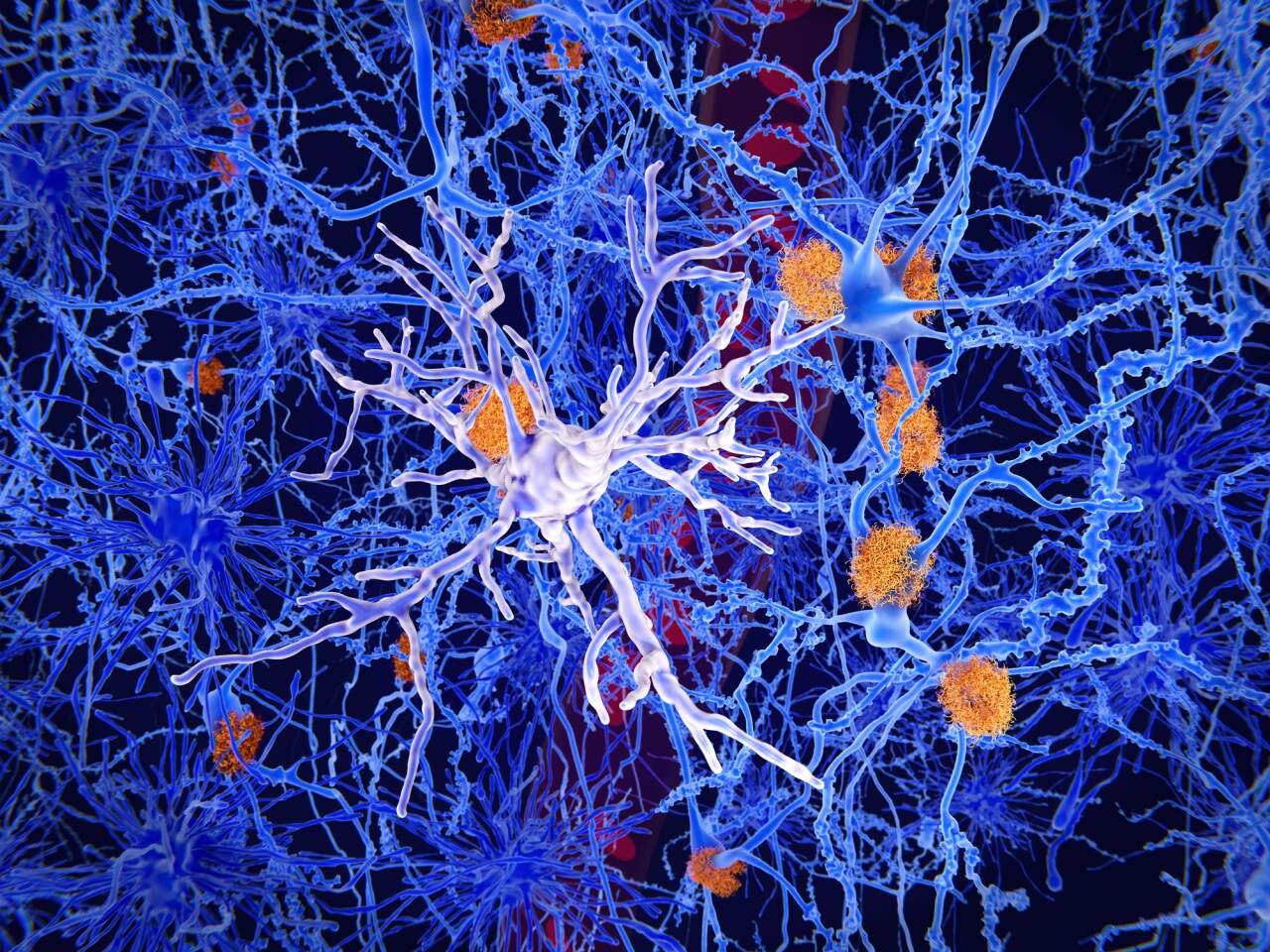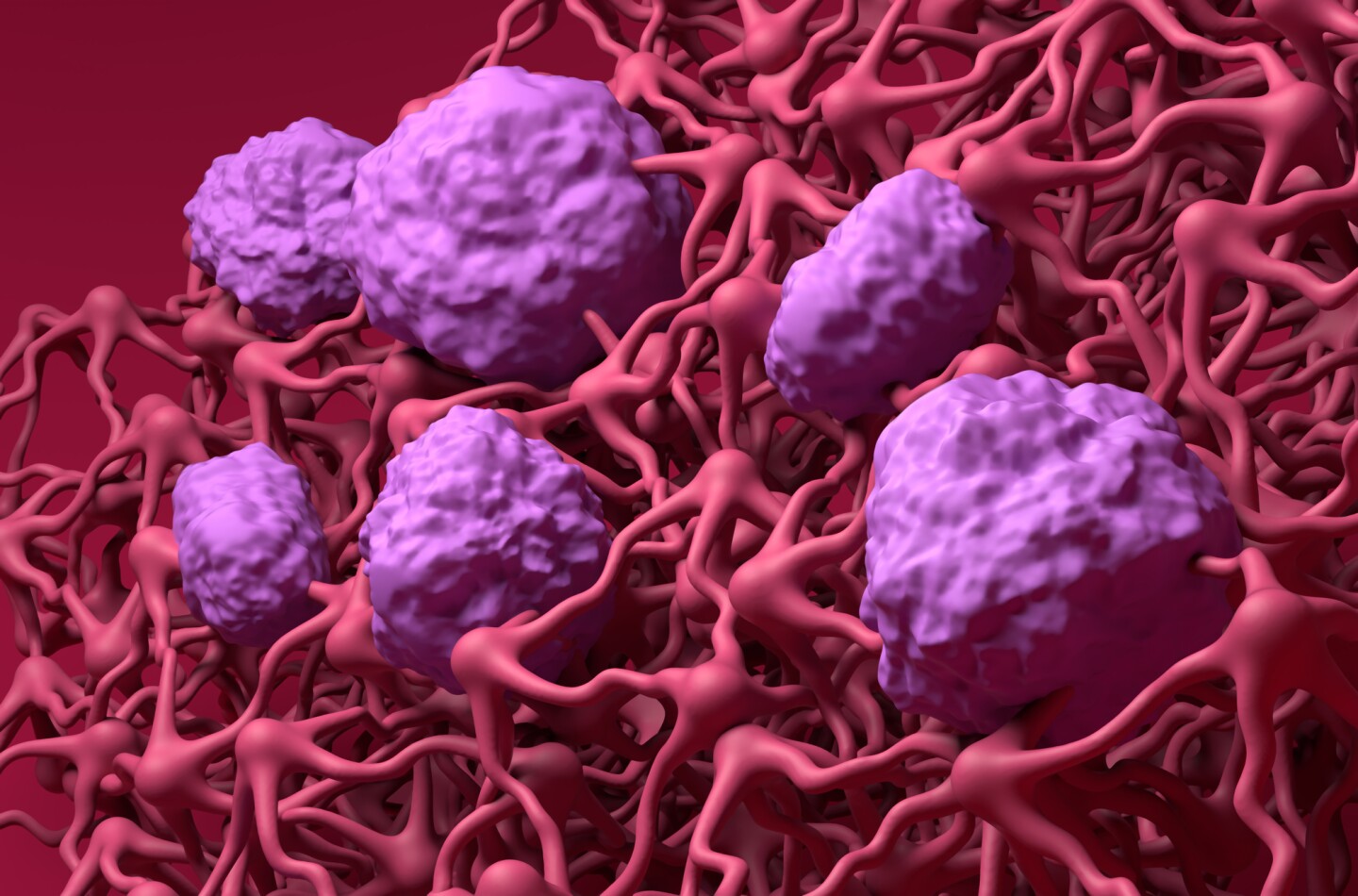Blind ketamine study yields surprising placebo effect
A new study into using ketamine to treat depression has yielded surprising results. Despite the unique way in which the researchers ensured the trial was ‘blind’, those who received a placebo had the same improvement in symptom severity as those admini… Continue reading Blind ketamine study yields surprising placebo effect

